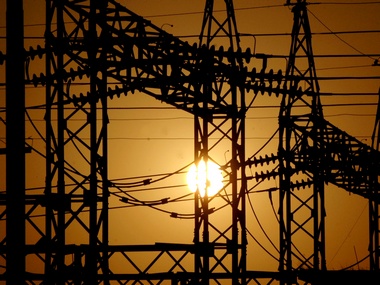The timing of two developments in the power sector could not have been better. While the Maharashtra Electricity Regulatory Commission (MERC) has allowed Reliance Infra to increase power tariffs for its customers, National Hydroelectric Power Corporation (NHPC) has discontinued supply of power to the company’s distribution arm in Delhi, BSES Delhi .
The reason for the sharp change in the fortunes of Reliance Infra in the two cities has more to do with politics than operations.
[caption id=“attachment_228087” align=“alignleft” width=“380” caption=“The reason for the sharp change in the fortunes of Reliance Infra in the two cities has more to do with politics than operations. Reuters”]
 [/caption]
[/caption]
In the Mumbai operations, MERC follows a regular system of tariff appraisal. In Delhi, political interference has prevented any hike in power tariffs, thus virtually making the distribution companies bankrupt.
The previous tariff hike done in Mumbai was in November 2011, which met with some resistance, but was tackled effectively.
In Delhi too there was a power hike in September 2011, with tariffs rising by 22 percent. However, this hike came after a span of five years. This was too little, too late. Since privatisation of power distribution in Delhi happened nearly 10 years ago, the cumulative tariff hike was only 16 percent as compared to a 200 percent increase in power purchase cost.
For a power distribution company, power purchase cost accounts for nearly 80 percent of the total cost.This resulted in losses piling up in the Delhi operations, which in turn has led to non-payment of dues to power generating companies like NTPC and NHPC.
Impact Shorts
More ShortsWhile NTPC has been threatening to cut power, NHPC went ahead with the cut, as non-payment of dues from distribution companies has started denting its balance-sheet. Apart from dues, lower utilisation has affected the cost of power generation for these companies. Lower sales results in higher costs since some fixed costs remain.
However, power generation companies, unlike distribution ones, have the option of selling power in the power exchange market to buyers with stronger financials. A power distribution company, once it has defaulted, will have a tough time getting suppliers.
It seems that summer has come in early in Delhi and it is likely to be a long one unless politicians once again arm-twist generating companies to supply power. But this solution is worse than the problem too.
)